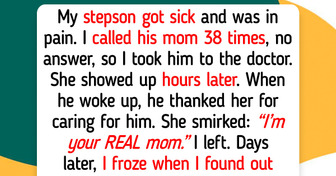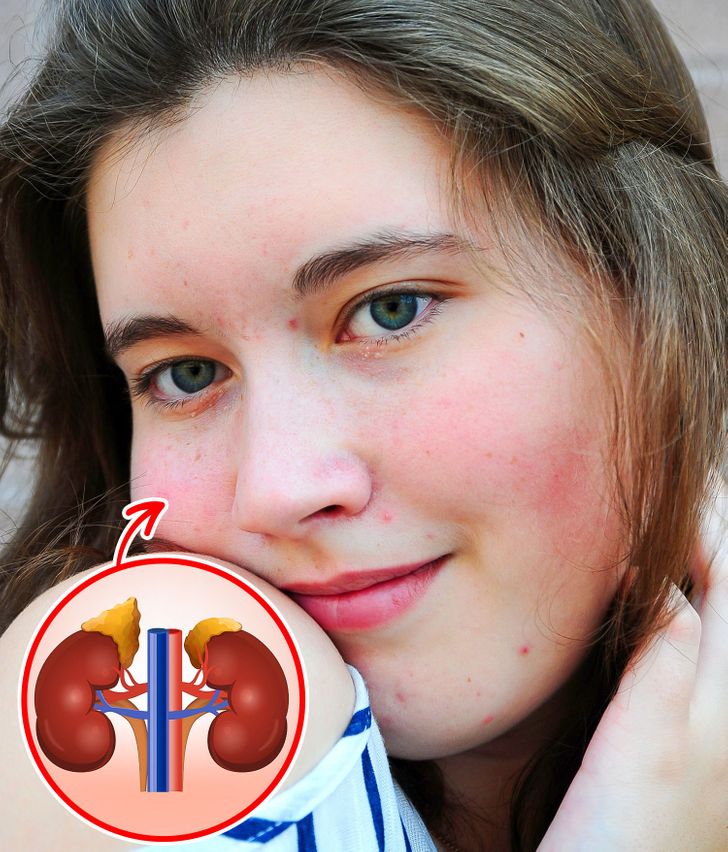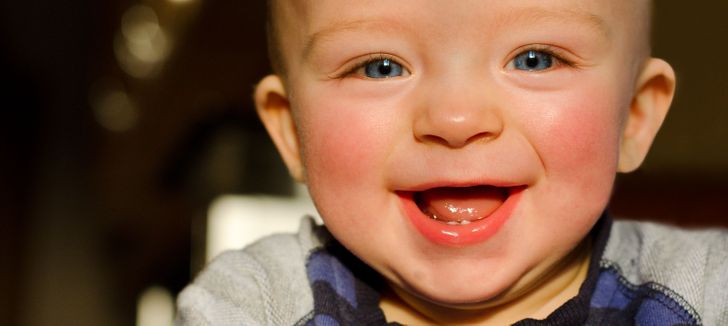according to a research, people who blush easily are considered to be more trustworthy n more generous compared to those who dont react in the same way....😊☺😚🥰
Why We Blush, and What Happens to Our Bodies When We Do

In general, people tend to think they can be in control of their own reactions. In this way, the reactions they show to others are the ones they consider most appropriate or convenient for any given moment. On the other hand, we can’t forget that there are other types of reactions that are involuntary, and as much as we want to control them, we simply cannot. This can be seen in the case of blushing, which is a spontaneous response that we can’t make appear on purpose, nor can we fake it — and it’s actually unique to human beings.
Blushing is such a genuine and unique reaction, it can be difficult to understand, so Bright Side has done some research to bring you an explanation for this very authentic physical response.
What happens to our bodies when we blush
The human body undergoes a series of reactions as well as a process, leading to the moment when our cheeks turn a reddish color that we perceive as blushing. Blushing appears to be a natural reaction to something called the sympathetic nervous system, which is responsible for some of our bodies’ rapid involuntary responses.
When this system perceives some specific types of emotions, it sends a message to the adrenal glands to release a hormone called adrenaline, which is also responsible for triggering the body’s fight-or-flight response. When this hormone is released, our heart rate starts to race, which in turn, causes the blood vessels to expand, increasing both the levels of oxygen in the blood and blood flow.
Research has found evidence that the areas most susceptible to blushing, such as the cheeks, neck, and ears (especially), have a different anatomical structure that makes this spontaneous and uncontrollable reaction possible.
The possible causes of blushing
We already know the internal process that causes this distinctive coloration in some parts of our bodies. But that’s just a description of what happens in our bodies. It’s also important to know what actually triggers such a response, and there are several possible causes.
- Emotions: Embarrassment, shyness, falling in love, or even anger could be the reason why some parts of our face turn red.
- Temperature: If our body temperature rises due to heat or physical exercise, flushing is likely to appear. Similarly, extreme cold can cause your ears, nose, and cheeks to take on a different hue.
- Fever: When our body temperature rises due to any type of viral process, it’s common for blushing to appear. If this is the reason, when the fever has subsided, the flushing will disappear together with the rest of the symptoms.
- Food or beverages: Eating something that’s very spicy or foods containing certain chemical components could also lead to blushing. The same thing can happen if you drink something that’s very hot.
Different approaches to understanding blushing
The scientific community, even today, still has not found a fully accurate explanation for the purpose blushing actually has in our daily life. However, in an attempt to give an explanation, different scientists have come up with theories and put forth new hypotheses according to evidence they’ve found. Out of these, 3 theories have obtained greater support from the scientific community. These 3 theories are currently the most accepted or plausible ones.
- Communicative theory: According to this proposal, blushing has the function of transmitting information to our interlocutors or to other people around us. That is, we would be providing information without communicating verbally. Apparently, blushing helps us to recover and save face. At the same time, it allows others to have or regain lost confidence in the person who blushes.
- Unwanted social attention: This theory claims that blushing appears as a way for the person watching us to quickly realize that we’re not happy with the attention they’re giving us. Therefore, it’s something completely unavoidable and arises in response to situations where we’re being scrutinized, praised, or simply what we feel to be too much interest or unwanted attention from another person.
- Exposure: In this case, blushing would appear as a response or as a consequence of the fear that some kind of private information, like a secret or a lie, could be discovered or unveiled. According to this theory, it’s a way of giving oneself away or showing that what is being insinuated is true.
What kinds of situations cause you to blush? Have you ever experienced a moment when you blushed so much that you felt embarrassed?
Comments
I actually never blush, even if I get shy
Related Reads
12 People Who Turned an Awkward Situation Into a Kind Gesture

11 People Who Chose Kindness Over Looking Away

My In-Laws Forced Me to Leave My Vacation Early—They Crossed Every Line

I’m Child-Free, So My Parents Chose My Adopted Brother to Inherit — I Didn’t Let That Slide

I Refuse to Earn Pennies While My Manager Cashes a Fortune

15 Moments That Prove Quiet Kindness Doesn’t Break, Even When We Do

10 Stories That Show What Happens When You Stop Being the Family ATM

12 Moments That Show Romance Is Really About Small Acts of Kindness

12 Life Moments Where Quiet Kindness Played the Main Role

15 Quiet Moments of Kindness That Made the Biggest Impact

12 Moments Where Empathy Showed the Power of a Kind Heart

12 Acts of Kindness That Quietly Turned Strangers Into Heroes



